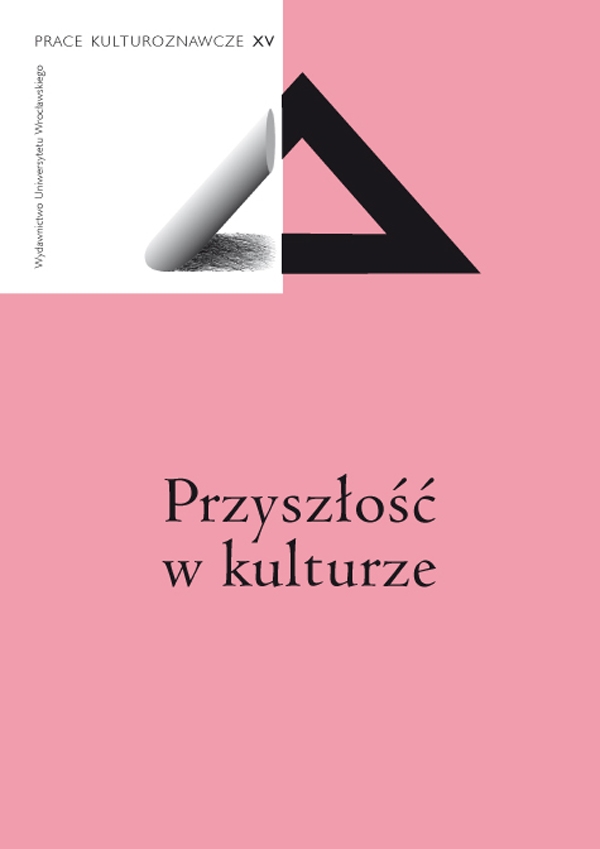

Strony redakcyjne

“A challenge to time”. Concern, responsibility, identity
My intention is to present the constant presence of the future motif in the humanities. I want to argue that, firstly, studying legacy, tradition, the past, its significance and the role of the authority of tradition in the humanities does not have to mean treating the past as the main determinant or, just as importantly, understanding freedom and self-definition as a situation of liberating distance from tradition, from asking questions about the past. This rehabilitation of tradition sets a new perspective for the humanities, different from the issue of subordination vs. liberation. Secondly, the changeability and processual nature of culture, its variety — emphasised today — as well as circumspection and distrust with regard to attempts to predict the future do not have to make the reflection on the future pointless or utopian.
Focusing reflection on the problem of the past-future relation may be undertaken with intentions other than seeking to preserve the past, fully understand it, describe it as a e.g. moral paragon, find wisdom in it, trustfully copy it, protect its heritage, guard its inviolability. Intentions also other than the tendency — e.g. the Enlightenment tendency contrasted with these endeavours — to liberate oneself from the authority of tradition. Moreover, intentions other than a scientistically determined intention to predict the future, to master it, make it familiar, friendly or subordinated to current goals, an intention that is sometimes linked to plans to build a new world.
The future may be interpreted as the horizon of an obligation. However, this obligation cannot — let us say it clearly once again — be reduced to a critical assessment of the present or the past and a system, resulting from this analysis, of warnings or projects of social change, or a task to preserve values.
The categories of concern, responsibility occur here in other ethical contexts. It is after the ethical turn an ethicality aware of being involved in a drama also the drama of tradition, of authority. Ethical thinking is thinking open to the future in the sense that the dramatic challenge of temporality, the drama of responsibility are at the centre of ethical reflection and thinking about identity.
I want to signal this problem, trying to interpret selected issues raised by selected authors: H. Arendt being between the past and the future time; dramatic nature of a renewal of the world, P. Ricoeur challenge posed to time and M. Nussbaum drama and narrative imagination; informed citizenship.